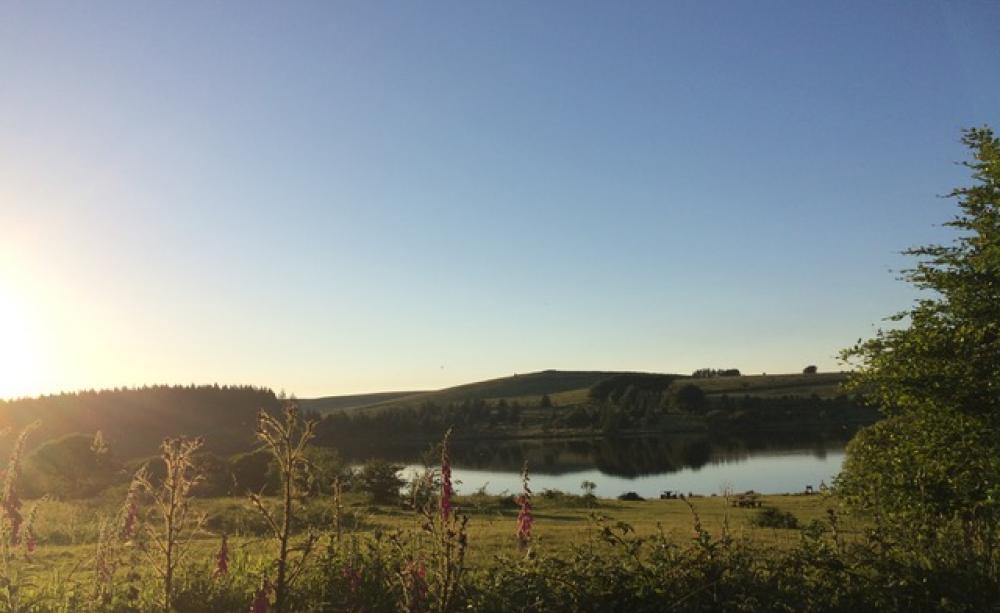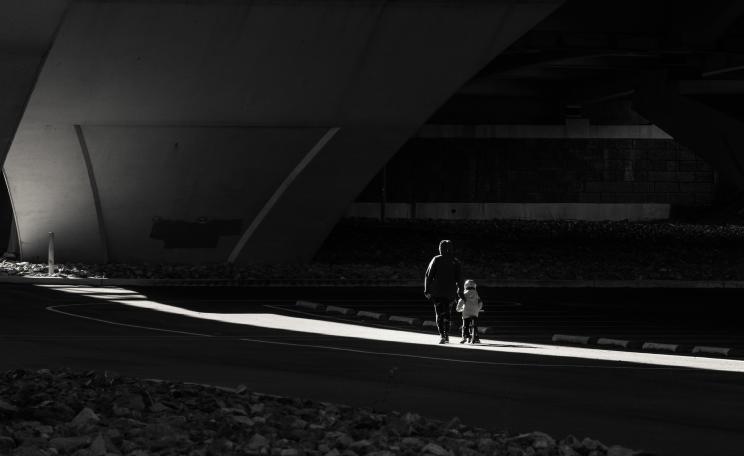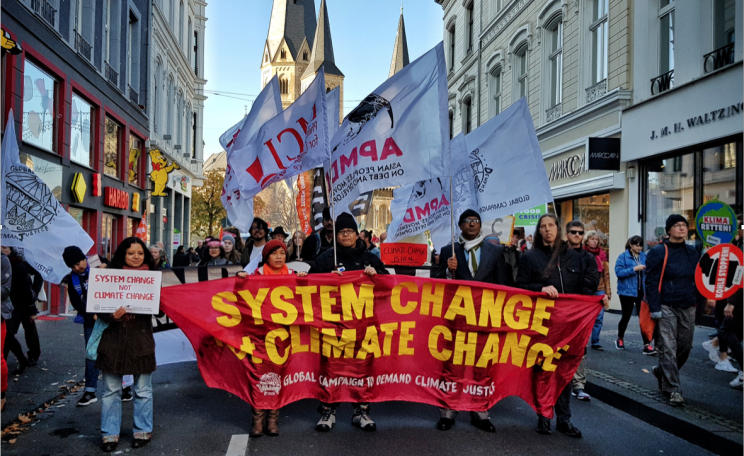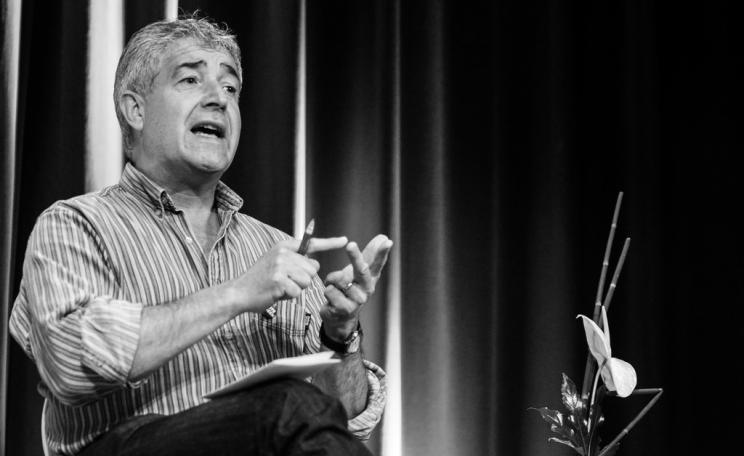Of course, we need to stop runaway climate change, which would ultimately protect the Arctic and everywhere else, but I like the intention of a move that will simply make things quieter, protecting beauty and wild things for their own sake
Something urged me up onto Dartmoor the other Sunday night. A combination of incredible weather, the fact I had nowhere to be on Monday morning, and a desire for an earthy, elemental withdrawal. I took a book but needn't have bothered, because my 12 hours were filled with watching, waiting, listening (and not much sleep). 12 hours of hypnotic wonder and pure joy. The weather was warm and still, the night was quiet and grand. Only by opening my eyes and seeing a sky full of Milky Way above did I really believe I was sleeping in a bivvy bag on Dartmoor.
Stillness settled like a blanket. Daylight gave way to the gloaming, and then to night, like acts of a play. The main players emerged - the joyful trilling of a blackbird handing over to the slow wise call of an owl, the incessant purring of a nightjar, and even the squeaks and snorts of a hare (I learned afterwards that I'd heard hares calling when by chance, a radio programme about hares came on the next day).
I'd felt drawn to spending a night on Dartmoor, paradoxically to feel whole and like ‘me' again, whilst also wanting to blur into Earth below and galaxy above. I was also simply seeking stillness and silence; it felt essential. A descending quiet followed the animal orchestra, and felt as refreshing as cool water on a hot day. I caught myself frequently grinning, full of joy. The night became a series of gifts - animal calls, sunset, smells, colours, stars and planets, silence and finally, sunrise.
Noise pollution
But these spaces for stillness and silence, whether experienced individually or globally, feel increasingly rare. We hear - and experience - that the world is getting noisier, and perhaps nowhere shows this quite like the stark, white silence of the Arctic.
Here, as a recent TED talk explains, human activity and climate change is, amongst other things, increasing noise pollution. Melting sea ice is exposing swathes of water, creating a bigger surface for waves to bubble and crash on, and a bigger surface for oil searches, fishing boats, research vessels and tourism to cut through. The noise is harming the communication and navigation abilities of native whales, which use intricate and haunting sonic songs to connect over vast distances. Add to this the pressure from southern ocean species like Orca and blue whales that are heading north because of warming seas, and the environment is becoming busier, cacophonous. Ancient underwater creatures are becoming stressed and lost.
I wonder how noise in our own environment might be impacting our ability to communicate, and to navigate life? Traffic; TV; agendas; words; ‘news'; pictures; insistent pings of phones - we get so used to all this supposedly important noise, that when quiet comes it rings painfully in our ears, or worse, we come to fear and avoid the silences and the space. It becomes a tomblike hole that must be filled, for fear of what might be discovered if we look inside.
Of course, we need to stop runaway climate change, which would ultimately protect the Arctic and everywhere else, but I like the intention of a move that will simply make things quieter, protecting beauty and wild things for their own sake
Protecting silence, globally and personally
In defending Arctic habitats and the creatures that call them home, solutions include getting ships to slow down, and restricting access in certain seasons and areas that are important to mating or feeding, so as to quiet the underwater soundscape. Of course, we need to stop runaway climate change, which would ultimately protect the Arctic and everywhere else, but I like the intention of a move that will simply make things quieter, protecting beauty and wild things for their own sake.
William Blake spoke of seeing: "...a world in a grain of sand, and heaven in a wild flower". On Dartmoor, I didn't read a single word of the book I took with me because I was entranced by imagined stories of ancient granite rocks; by colours that were created for this place; by the luck of hearing a nightjar; and by seeing Jupiter step out against an indigo canvas, followed by a legion of stars. The ‘entertainment' was slow, but addictive. I watched (what I think was) a kind of gorse plant produce foam; moorland that turned from gold to brown to purple to grey; I saw birds diving to catch midges and moths (I think they were nightjars again); and when it was dark I saw the silhouette of a big bird hovering above me - cue hairs standing on the back of neck. The wonder forced to me to pay attention, quiet my mind, and simply watch the small things - which really are the truly eternal, vast and wise things.
We must create and protect stillness and silence in our own lives, before - like the Arctic sea creatures - we too become disoriented, stressed and lost, thereby further stressing our planet, for what we do to ourselves we do to our planet, and vice versa. Quakers, contemplatives, Buddhists and others know this and practice, even revere, silence.
How can we seek more stillness in our lives than an hour of yoga (with instructors telling us what to do), or going running (with headphones in our ears)? These things are nourishing, but if possible, physically being still in a wild space - a woodland, a moor, a mountain, a cliff top -- seems to accelerate the ability to get out of headspace and into bodyspace, and finally out into wildspace; the world beyond head and body. I think it is there that we find simultaneously the shape of ourselves, alongside an awareness of connection to everything else - where your thoughts become so quieted that you can't tell where you end and the cosmos and everything in it begins.
My instinct and experience tells me that it is from here that we might hear the small and grand questions and solutions to personal and collective challenges. If the world is in a grain of sand, just imagine what might be in an Arctic ecosystem, a community, or a human being -- if only we might bravely create the stillness and silence to meet it and hear it.
For a fascinating look at how silence is used and even revered in culture, art, faith and elsewhere, I highly recommend Graham Turner's book,'The Power of Silence. To watch the TED Talk about noise pollution in the Arctic Ocean, , see here.
For guidance about where you can wild camp on Dartmoor, see the camping map here.
This Author
Elizabeth Wainwright is the Ecologist's Nature Editor. She spends her time between Devon and London, and loves wild spaces. She also co-leads a global community development charity.
Twitter: @LizWainwright
www.ElizabethJayneWainwright.com







